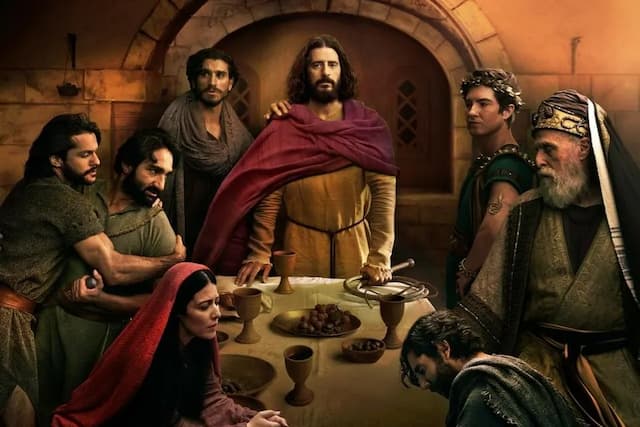Don't Forget to Forget
The call to remember sometimes has a flip side: the call to forget.
While remembering is important, there are some things we should forget.
We should forget, for example, past sins against us and all those injustices that have been done to us. Collecting old coins and rare stamps may be well and good, but we shouldn’t collect old grudges.
As well, we should forget the efforts of the day at the end of the day. What’s done is done. So, instead of lacerating our hearts in worry, or conjuring up imagined scenes of failure, or furiously stirring up anxiety with “what if” thinking, we should simply rest all that we’ve done in God’s very capable hands.
Not to do so is predicated on the false premise that favorable outcomes are entirely up to us.
We should also forget past achievements. “This one thing I do,” the Apostle said, “forgetting those things which are behind and reaching forward to those things which are ahead, I press toward the goal ...” (Philippians 3:13, 14).
Commenting on this verse, A.B. Simpson observed, “There is much behind and it is not to be despised, but it is not to be a pillow of soft and indolent repose to stifle and satisfy our higher ambitions.”
Some people, it seems, are so wrapped up in the glory of “yesteryear,” they’re not usable to the Lord anymore. So maybe they, and maybe we, ought to push a delete button on some of these memories and get on with our present assignments in life.
While God surely wants us to forget every sin blotted out by his blood, he doesn’t want us to forget the lesson of past sins.
In support of this fact, recall from Scripture that night in the banquet hall when a mysterious, unattached hand started writing on a wall. The message composed by this hand declared, “You have been weighed in the balances and found wanting.”
Well! Looks of perplexity described the faces of those who first saw this writing! No one in the banquet hall knew what these words meant!
But Daniel, the messenger of God, did understand; and therefore, when asked to do so, he recounted the story.
Belshazzar, the son of Nebuchadnezzar, had seen the Lord depose his wicked father from kingdom rule.
God didn’t just remove him from his throne, but he banished him to life with the animals.
During this Heaven-administered banishment, his father’s hair and fingernails grew frightfully long as he roamed the countryside at night eating grass and sleeping with donkeys.
In short, Nebuchadnezzar lost his royalty, his dignity, if not his humanity, when he was reduced to such a life.
The tragedy of this fall, as well as the reasons that brought it to pass, were well known to Nebuchadnezzar’s son. So in explaining the writing on the wall, Daniel said, “But you his son, Belshazzar, have not humbled your heart, although you knew all this” (Daniel 5:22).
There was no one who knew better than Belshazzar what had brought his father under the judging hand of God! Yet, when Belshazzar became king, he acted just like his father! Consequently, because he forgot what he should have remembered, he, too, experienced the terrifying judgment of God.
This story of Belshazzar reinforces the wisdom to forget past sins, yes—but not the lesson of past sins!
As we walk in the path God has chosen for us, our memory of certain critical markers should be one that not only excavates truths from the dusty past, but makes vivid again the original experience.
In this ongoing operation of vivid viewing, we must remember Belshazzar, the man who, quite deliberately, didn't remember.
His failure to remember brought about more failure.
It's uncanny how we can completely block what we know is true and think somehow this truth vanishes because we chose not to think about it. But truth, as the song says, goes marching on. It won't disappear.
We can turn the kaleidoscope this way and that, determined to get the view we want. But that strategy isn't going to work.
We must remember the lessons of the past. We must forget forgiven failures.













